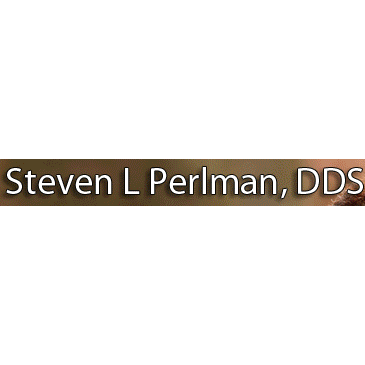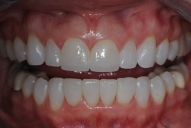Are you in need of a root canal? Lasers can be used during root canal procedures to prepare the tooth and to remove tissue.
Clifford Stoll, an American astronomer, once said, “Treat your toothbrush like your password. Don’t let anybody else use it, and get a new one every six months.”
Extrinsic discoloration (discoloration on the outside of the tooth) is caused by such things as food and beverage or smoking. It can usually be addressed by using a good quality whitening toothpaste.
Are you avoiding scheduling an appointment because you’re worried that we won’t be able to save your tooth? Remember, the earlier you come in, the better the chance that you won’t lose your tooth.
Do you suffer from cold sores frequently? Low intensity dental lasers have been used to reduce the pain associated with cold sores. These lasers are also able to minimize the healing time associated with mouth sores or abrasions.
Ever wonder why coffee, orange juice and other beverages and foods taste so crummy after brushing with toothpaste? It's because they contain surfactants to help improve the toothpaste's ability to clean.
Do you suffer from headaches or persistent jaw pain? The cause could be a number of problems with your teeth. If your doctor's remedies aren't working, schedule a visit with your dentist for a diagnosis (and have a teeth cleaning while you're there).
Among the many conditions poor oral health can cause, one of them is malnutrition. This is especially prevalent in those suffering from tooth or mouth pain because eating is uncomfortable or even painful.
How can we maintain a healthy mouth? We can do this by eating the right food, avoiding acidic beverages, practicing proper oral hygiene daily, using the correct oral products, and visiting the dentist at least twice a year.
The state of your dental health is strongly linked to your circulatory, digestive, respiratory, and other crucial systems in the body. Well-maintained oral health helps reduce a person’s risk of severe health complications.
Who doesn't love an ice cube on a hot day? Did you know ice cubes can crack or even break teeth, or damage the enamel? If you must chew ice, try crushed - it's better for your teeth!
Despite your best efforts, sometimes a tooth will crack or break. If that happens, our first objective is to save as much of the tooth as possible and cover it with a crown. Extraction is always a last resort.
One of the benefits of IV sedation during a dental procedure is that the patient can be closely monitored throughout the process and the amount of medication can be easily adjusted. In addition, the patient will wake up with little to no memory of the procedure, just a relaxed feeling.
One of the reasons kids fight brushing their teeth is the brush can irritate young gums if it is too stiff. To prevent this, select toothbrushes with heads designed for little mouths and that have soft bristles.
Cracked teeth can be repaired or covered to prevent further repair. If you have tooth pain or sensitivity to changes in temperature, visit a dentist.
In order to determine what's wrong with your teeth, your dentist may order dental x-rays. Depending on what needs to be checked out, the dentist may order different views including periapacal, bitewing, or occlusal views or even a full mouth series.
By contacting the dental board for the state, you can find out if the dentists you are considering choosing have had any claims filed against them.
Did you know that laser dentistry can enhance the effectiveness of an entire dental procedure with more accurate results? This is due to the laser's unique control of energy output, which enables optimal control of treatment parameters.
According to research, people who drink sweet juices at least 3 times a day have about 62% more cavities, fillings, and teeth extractions.
Want to do more to help whiten your teeth? There are five foods that are known to help with this: strawberries, cauliflower, apples, celery and cheese.
Are you shopping for a new toothbrush? A soft-bristled toothbrush is recommended because softer bristles are less likely to irritate your gums.
One technique used in sedation dentistry is called inhaled minimal sedation. Here, you breathe in nitrous oxide through a mask, which helps you to relax during the dental procedure. This is the only form of sedation in which you are able to drive yourself home afterward.











